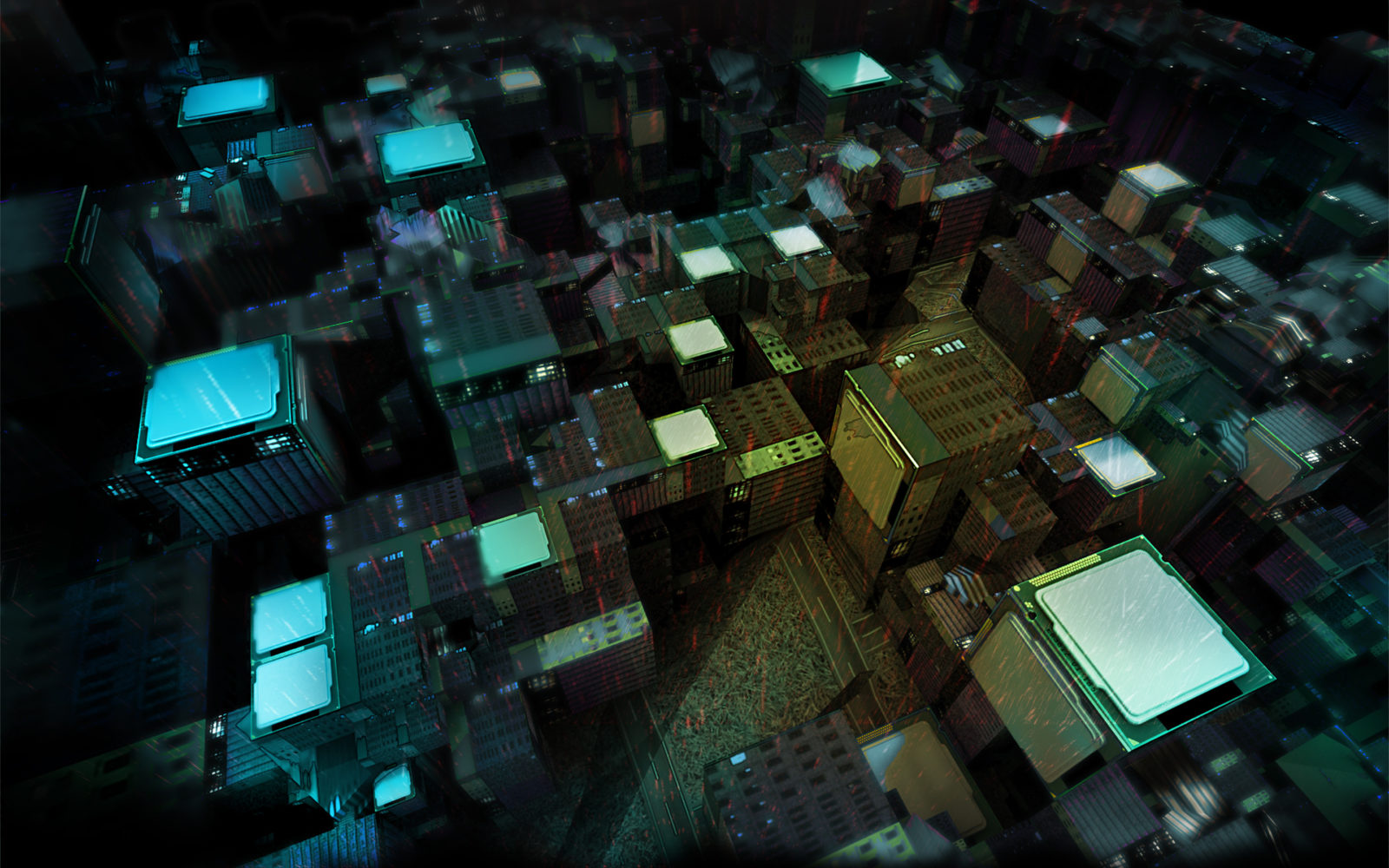Hello, COSM!
This is the name of my coming cosmic tech conference in Seattle, October 23-25. There I will try to explain China to Peter Thiel and crypto to my 101-year-old mother, and maybe in a long shot to some folks who spend time around President Trump.
As I am learning this week in Silicon Valley, COSM has now become a bigger deal than even Peter Thiel and my mother. It is the name of the new Internet architecture being developed for Intel corporation by telecom innovator and consultant, Daniel Berninger.
And as Berninger puts it,
We’re going to have to throw out the cue ball world. This is the frictionless Internet ball we reside on with no time or space or security.
Here on the cue ball — otherwise known as a fantasy world — we all live defenseless behind the diaphanous garb of our Internet Protocol (IP) addresses where we can be hacked and phished by unseen predators and obtrusive ad purveyors lurking in the clouds of big data.
A Cure for a Very Broken Paradigm
You don’t believe this paradigm is broken? The more companies and governments spend on data security, the more hacks occur. That’s the very definition of a broken paradigm.
With the Capital One hack of the personal data of 106 million customers, the Internet just excelled its previous 2018 record of one billion items breached. And it’s only August.
The more ads the Internet titans pop, poke and perk across your smartphone screens, the more you zap and filter them. Everyone knows these are value subtracted ads, better-termed minuses.
It’s another broken paradigm. Although ads consume more than 30 percent of smartphone bandwidth, they are only clicked on .06% of the time and half those clicks are by mistake — bum clicks.
Intel is seeking to lead the next phase in Silicon Valley by providing a remedy. It plans to supply the enabling chips for the next generation security-first Internet that Berninger dubs the COSM (in honor of the COSM conference, where he will introduce it).
Thus Intel, the somewhat jaded Santa Clara colossus, is attempting to repeat its glory days supplying the x86 microprocessor standard for the personal computer era.
Lots of luck, you might say. But Intel has a strategic edge…
Not only is Intel the only company that seriously fabricates chips in the United States, it now owns programmable telecom chip star Altera.
With the coming of 5G next generation wireless, virtual reality worlds, and the internet of things (IoT), the net is undergoing a radical cosmic reboot. If any of this is going to be done in the U.S. rather than China, Intel is going to have to be the one to do it.
But here’s the thing…
Since none of these next generation technologies work at all in our current fantasy world, an Internet reboot is mandatory.
IP Addresses: Why Politics Don’t Belong Here
The current Internet suffers from a crippling original sin: Those Internet Protocol Addresses locked into particular countries and political jurisdictions, are infested with politics.
Governments everywhere imagine they should own and regulate the net because of these localized address spaces.
From the European Economic Commission to the Administrative State in Washington, monopoly governments everywhere are dubbing Internet companies monopolies — and are shaking them down.
The Federal Trade Commission recently handed Facebook a $5 billion fine for some nonsensical claim about Cambridge Analytica, while Government databases leak like sieves all our personal data.
In the U.S, it is becoming illegal to hire the best software engineers. Responding to politicians’ demands that it be accountable for “fake news” and “hate speech,” Facebook is turning into a manipulative maze that sows paranoia everywhere.
In the cue ball world, where everything is frictionless and transparently hackable, the U.S. thinks it has to keep Chinese hands and Huawei routers away from US IP addresses… China is erecting a new great Firewall against the rest of the world…. In Turkey, Ahmet Ertegun thinks he should rule Turkish IP addresses.
The IP address has become a come-and-get-it temptation to governments.
As Berninger explains, this is all ridiculous. We invented IP addresses to enable wide area communications between computers. Now they are being given to watches and heart monitors, kitchen appliances and treadmills.
What has been invented by engineers can be replaced by the new inventions of the next generation of engineers.
Now, the COSM will replace IP addresses controlled by governments with public keys controlled by the holders of the private key, which means you. This is the time-tested system of public key cryptography that is now applied post-hack and fecklessly top down on the existing net.
This system of public and private keys will emerge during the Internet reboot as a bottom up foundation of security first.
The cue ball will give way to the COSM.
The porous pyramid run by monopolies and governments will succumb to a bottom-up architecture — anchored in the immutable timestamped ledgers of the blockchain.
You cannot have an internet of things (IoT), billions of 5G antennas, autonomous cars, global virtual worlds, or global money, or international trade and harmony without an immutable Internet layer of trust and security.
Let’s get with the COSM.
Adapted from The George Gilder Technology Report, Aug. 7, 2019. https://gilderpress.com/


